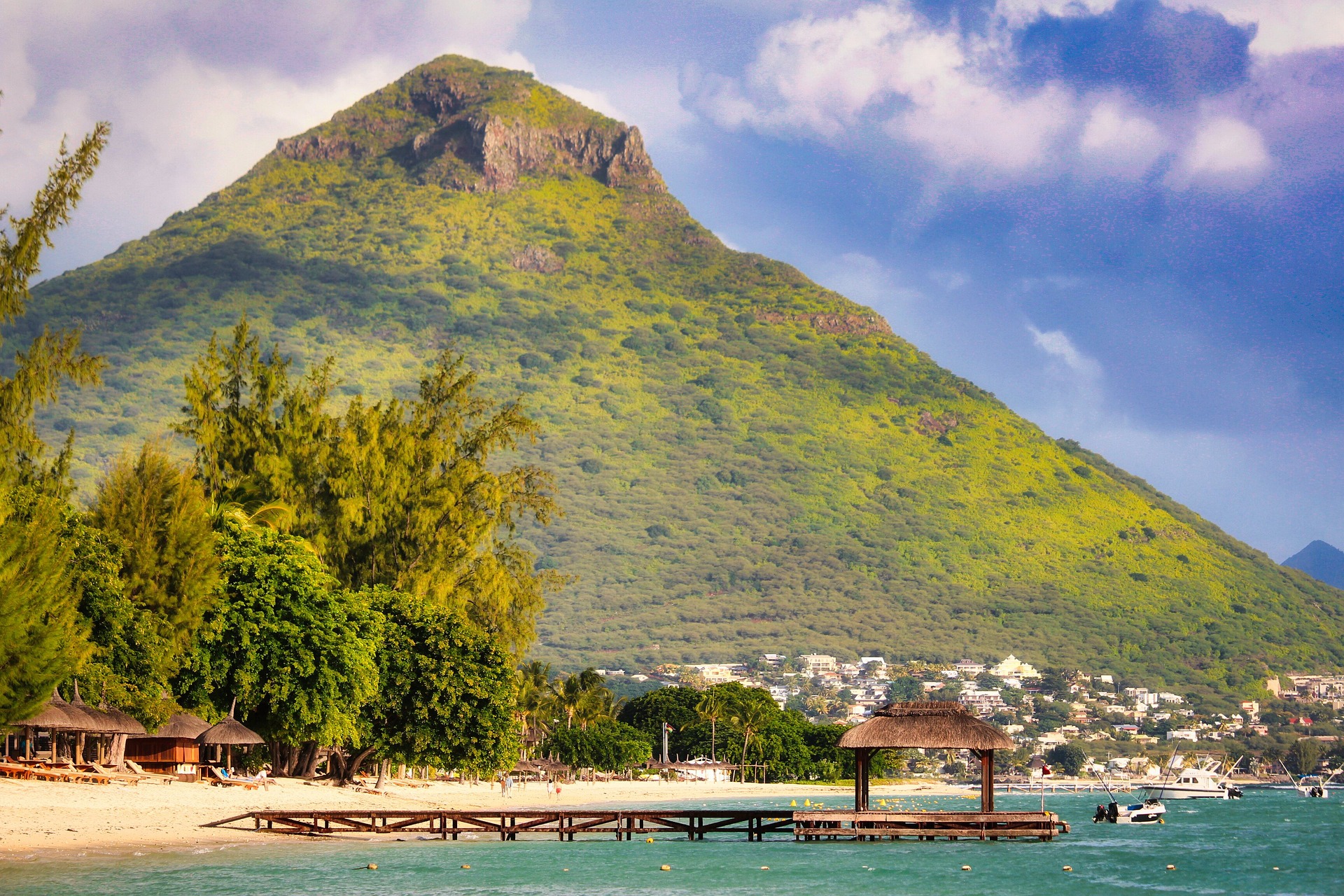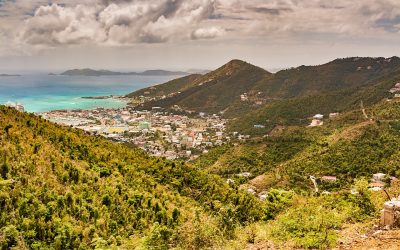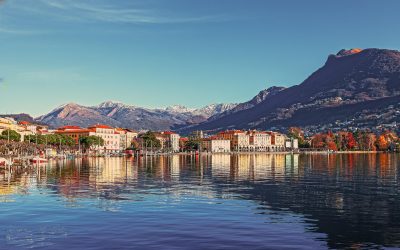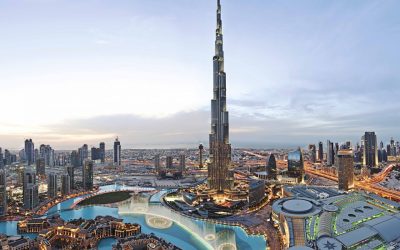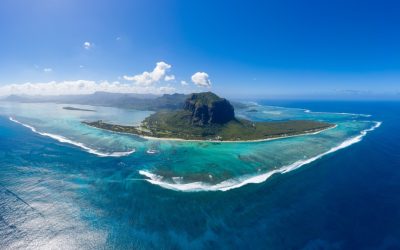This is the first in a series of introductory pieces featuring TrustQore’s jurisdictions. Based in Mauritius, Nico van Zyl, Director of Client Solutions delves a little deeper and explains that there is much more to this island nation than one might imagine. The pristine beaches and lush tropical landscapes described in the luxury holiday brochures are certainly there – but are just part of a much wider story.
____________________________________________________________________________________________________________
Mauritius lies in the Indian Ocean, some 2,000km from the African mainland, due east from both Mozambique and Madagascar. It comprises the main island together with several others including Rodrigues that itself boasts a burgeoning tourist sector. The majority of the population live on the principal island and the capital is Port Louis.
Mauritius gained its independence in 1968 and became a republic on 12 March 1992. The current President (the seventh) is Prithvirajsing Roopun, elected in 2019. The National Assembly, a unicameral legislature based on the Westminster system, comprises seventy members that include both a Prime Minister and Leader of the Opposition. The current Prime Minister, H.E. Pravind Jugnauth, has been in office since 2017.
Mauritius’ time zone is GMT+4 hours matching UAE time. At a similar time difference behind Singapore, it is able to conduct business across the world from the US to Europe, Africa and Asia all on the same working day.
It comes as a surprise to many visitors that Mauritius’ population is around 1.3 million. This has grown exponentially from 500,000 in 1950. Mauritius’ rich history has led to a diverse, multi-cultural ethnic population mix that we can see today. Two thirds of the population are Indo-Mauritians consisting of Hindu, Muslim and Christian descendants of Indian labourers. The remainder are descended from forbears hailing from Africa, other parts of Asia, Europe and the Middle East.
Today, the country is a true melting pot of cultures exploiting its past and multi-ethnic influences to create a rich tapestry of traditions, languages and cuisines. This results in an exotic mix of vibrant festivals, religious ceremonies and culinary offerings.
Languages spoken locally include Mauritian Creole, which is the everyday lingua franca. English is used for official documents and French dominates local media and literature. The ready assimilation of other ethnic groups into today’s society means that one is just as likely to hear Hindi, Mandarin or a host of other tongues spoken in the streets.
Since independence from Britain in 1968, the local economy has diversified widely. Despite still producing some 3m tonnes per year, Mauritius is no longer dependent on sugar cane production as in previous centuries. The constantly expanding economy includes tourism, agriculture, textiles, financial services and ICT. According to the World Bank, Mauritius is one of Africa’s most competitive, high-income countries.
Mauritius has developed a fully functioning local legal system as an independent nation. Unlike several Commonwealth states that have become republics, Mauritius retains the right of appeal to the highest court in the land being the Judicial Committee of the UK Privy Council.
The country’s legal system is a hybrid drawing its strength from both French and British legal traditions. Both European powers significantly influenced Mauritian law as practised today combining elements of France’s civil law, based on its Napoleonic code, and English common law.
Air connections to the country are excellent. National flag carrier Air Mauritius and several international airlines including Emirates, Air France and British Airways serve the growing demand. They operate from the ultra modern Sir Seewoosagur Ramgoolam International Airport – referred to locally as SSR Airport. Direct flights are available to Europe, the Middle East, and Asia. Air Mauritius flies to a dozen international destinations and global onward connections are available in key locations such as Dubai, Paris and London.
Financial services are a key – and fast growing – component of the local economy. Mauritius companies benefit from the absence of any form of withholding tax and allows full foreign ownership and repatriation of capital and profits.
Corporate tax is a flat 15% although reductions are available for companies holding a Global Business Licence. Personal income tax is charged on a progressive basis at up to a maximum rate of 20%; VAT is fixed at 15% and there are no capital gains or inheritance tax.
More than twenty international and local banks operate in Mauritius offering a wide range of products and services. Regulated by the Bank of Mauritius, the sector complies with Common Reporting Standards, and US / OECD requirements.
The overall regulatory environment is hugely favourable for offshore banking and regulated financial services. Recent efforts have enhanced tax transparency and aligned Mauritius with the highest possible global standards. The jurisdiction is on OECD’s “white list” along with all major industrial countries. Moreover, an extensive network of almost fifty Double Tax Treaties is in place.
Future articles will set out in more detail how international businesses and individuals may exploit these advantages from a convenient Indian Ocean location. In the meantime, for further information or assistance on the jurisdiction, please get in touch with Nico van Zyl directly nico@trustqore.com

